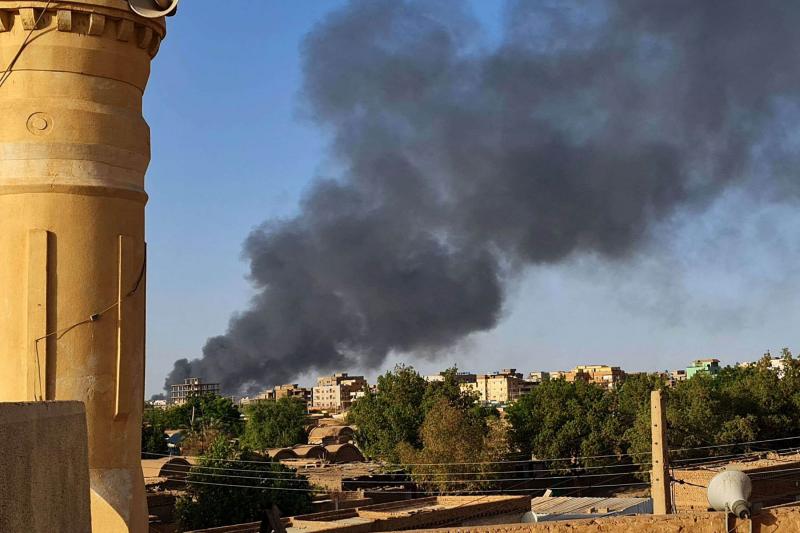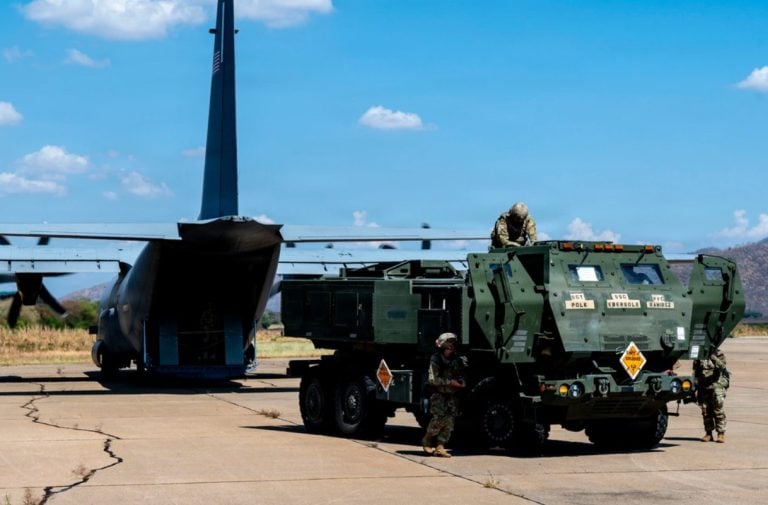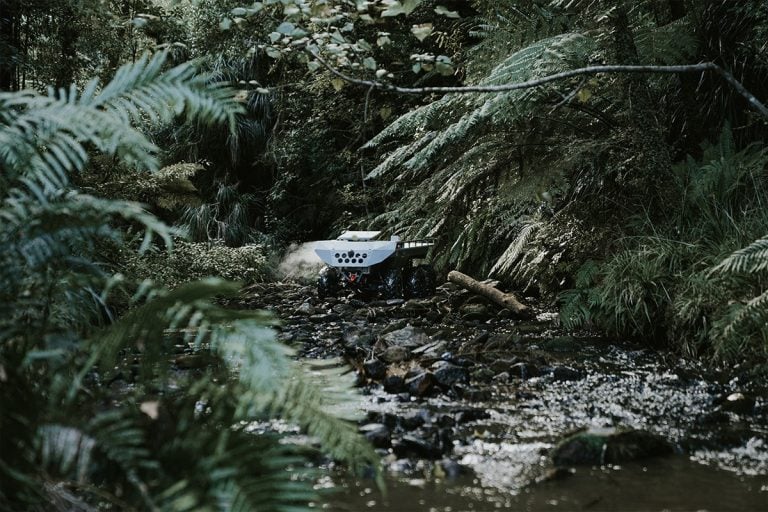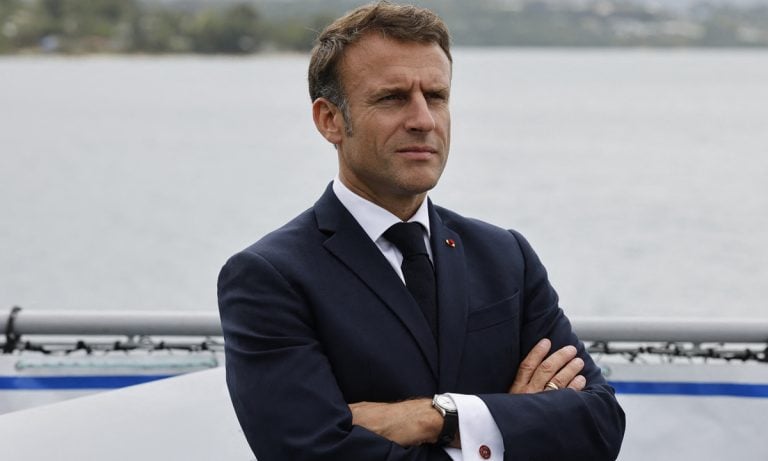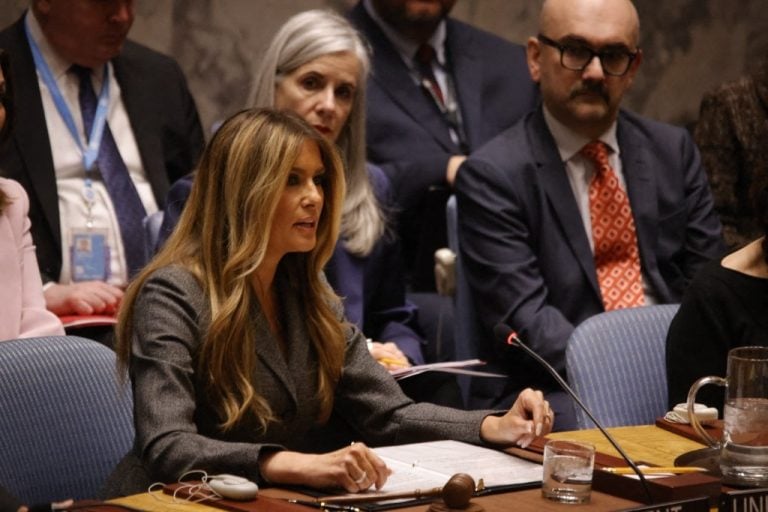Sudanese paramilitaries have intensified their military campaign, targeting Port Sudan on the Red Sea coast for the first time amidst an ongoing war that has ravaged the country for two years. The Rapid Support Forces (RSF), known for their aggressive tactics, reportedly attacked the Osman Digna Air Base, a goods warehouse, and several civilian infrastructure facilities using suicide drones, as disclosed by army spokesman Nabil Abdullah.
Despite the alarming nature of the attack, Abdullah reported no casualties and noted only “limited damage” due to the strikes. Witnesses in Port Sudan observed smoke rising from the city’s airport, indicating the severity of the attack. This incident marks a significant escalation in the RSF’s operations, which have included a series of drone strikes aimed at army-controlled areas, especially following their loss of significant territories, including much of Khartoum, earlier this year.
In an unusual development, a source from the army-aligned government confirmed a separate drone attack in Kassala, located near the eastern border with Eritrea. This occurrence is particularly notable as it happened approximately 400 kilometers from RSF-controlled regions, highlighting the expanding reach of the paramilitary groups.
Historically, Port Sudan has remained a relative safe haven amid the turmoil, especially after the government relocated from Khartoum during the early days of conflict. The city currently serves not only as a refuge for many displaced individuals but also as a base for various UN agencies that have moved their operations there to assist those fleeing the violence.
The conflict has escalated dramatically since fighting broke out in April 2023, pitting the regular army, under the command of General Abdel Fattah al-Burhan, against the RSF, led by Mohamed Hamdan Daglo. This brutal struggle has resulted in tens of thousands of fatalities and displaced over 13 million people, leading to a country that is effectively fractured along regional lines. The army retains control over the central, eastern, and northern regions, while the RSF commands significant influence in the western region of Darfur and parts of the south.
In a controversial move earlier this year, the RSF, along with allied factions, established a charter in Kenya to propose the formation of a rival government, further complicating the already volatile landscape of Sudan’s crisis.
